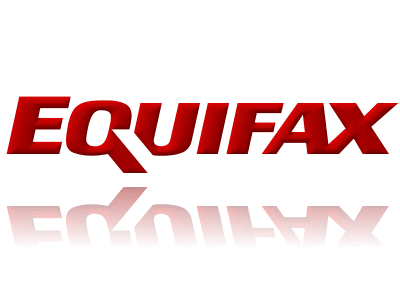
EQUIFAX BIOGRAPHY
Founded in 1899 in Atlanta, GA, as Retail Credit Company (RCC), Equifax is the oldest of the three credit reporting agencies and gathers and maintains information on over 400 million credit holders worldwide. The company grew quickly and by 1920 had offices throughout the US and Canada. By the 1960s, Retail Credit Company was one of the nation’s largest credit bureaus, holding files on millions of American and Canadian citizens. In 1975, after being nationally criticized by the US Congress, RCC changed its’ name to Equifax in order to improve its’ image. The company later expanded into commercial credit reports on companies in the US, Canada and the UK, where it came into competition with companies such as Dun & Bradstreet and Experian. In October 2010, Equifax acquired Anakam, an identity verification software company.
EQUIFAX OPERATIONS
For most of its existence, Equifax has operated primarily in the business-to-business sector, selling consumer credit, insurance reports, and related analytics to businesses in a range of industries. Business customers include retailers, insurance firms, healthcare providers, utilities, government agencies, as well as banks, credit unions, personal and specialty finance companies and other financial institutions. The company sells businesses credit reports, analytics, demographic data, and software.
Equifax also provides commercial credit reports, similar to Dun & Bradstreet, containing financial and non financial data on businesses of all sizes. They collect and provides data through the NCTUE, an exchange of non credit data including consumer payment history on telco and utility accounts.
Starting 1999, the company began offering services to the consumers, such as credit fraud and identity theft prevention products.
EQUIFAX VIOLATIONS
RCC’s (Equifax’s) extensive information holdings, and its willingness to sell them to anyone, attracted criticism of the company in the 1960s and 1970s. These included that Equifax collected “…facts, statistics, inaccuracies and rumors… about virtually every phase of a person’s life; marital troubles, jobs, school history, childhood, sex life, and political activities.” The company was also alleged to reward its employees for collecting negative information on consumers.
The company has been fined by the Federal Trade Commission on two occasions for violating the Fair Credit Reporting Act. In 2000, Equifax along with Experian and Trans Union were fined $2.5 million for blocking and delaying phone calls from consumers trying to get information about their credit. In 2003, the FTC took Equifax to court for the same reason and settled its lawsuit with the company for a fine of $250,000.


